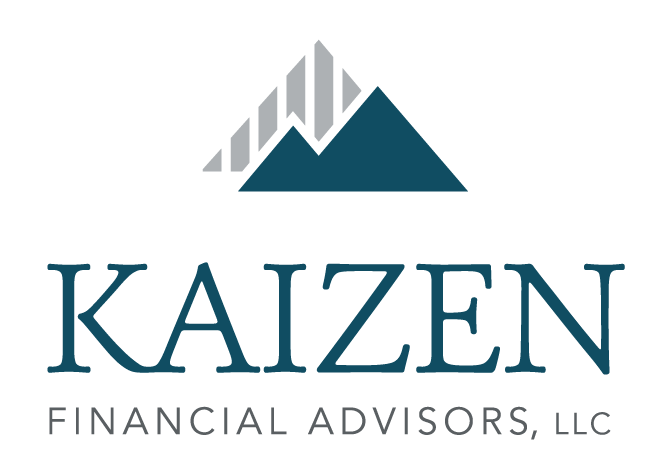Creative Gifting
Submitted by Kaizen Financial Advisors, LLC on March 31st, 2017Giving to a charity is easy, right? You write a check and send it off to your favorite 501(c)(3) organization, and get a full deduction for the amount on your tax return, up to 50% of your adjusted gross income.
You may want to put a bit more thought into how you give. For instance, instead of giving cash (which is basically what you’re doing when you write that check) you could try a more tax-friendly approach: give stock or mutual funds that have gone up in value during your time of ownership. You get a deduction equal to the full value of the securities at the time of donation (rather than how much you originally paid for them), and never have to pay capital gains taxes on the appreciation.
If you want your donation to provide income during your retirement, consider a charitable remainder annuity trust or charitable remainder unitrust, where you put money in a trust set aside for your favorite charity. Over the rest of your life (actually up to a maximum of 20 years) you receive income of at least 5% of the original trust value (annuity trust) or the annually-recalculated actual value (unitrust) each year. When you die, or the term of the trust runs out, whatever assets remain in the trust are forwarded on to the designated charity. In each case, there is a tax calculation, based on the assets and the income you receive, which determines how much of a deduction you will get when you make the donation to the trust. And you avoid paying capital gains and depreciation tax recapture (if the assets happen to be real estate) on the property you contribute.
As an example, suppose you happened to have $1 million worth of real estate that you originally purchased for $200,000. When you sold these properties, you would owe capital gains taxes on the $800,000 of appreciation, plus recapture of the annual depreciation deductions.
Now let’s suppose you donated this property to a charitable remainder unitrust. The unitrust would sell the properties for $1 million and reinvest that money in stocks or mutual funds. Under this arrangement, you might get income in the first year of $60,000 (6% of the trust amount), avoid $120,000 in capital gains taxes, and receive an immediate tax deduction of somewhere in the neighborhood of $400,000.
If the stocks and funds in the trust were to earn 7% a year (no guarantee, obviously), then the value of the trust would increase, over the next 20 years, to just under $1.5 million, at which time the full amount would be donated to the charity. Overall, you might receive roughly $1.2 million in income over that same 20-year time period—a figure which, again, depends on the earnings inside the trust.
Another alternative is the lead trust, which works essentially the same way, except that this time the income is paid to the charity for that 20 year term, and then the assets in the trust pass to your heirs estate-tax-free. The lead trust is only appropriate if your assets at death would exceed the current estate tax threshold ($5.49 million per individual, $10.98 million for couples). Of course, the current Presidential administration has vowed to eliminate estate taxes altogether, so not many are rushing to implement lead trusts at the present time.
Finally, some families are creating a charitable inheritance, where the parents donate to a donor-advised fund, receive their tax deduction, and the donor-advised fund invests the assets to grow until the fund is told where they should be distributed. The children are designated as the advisor to those assets, giving them the right to instruct the donor-advised fund where to make donations. It’s a simple, creative way to provide the adult children with an opportunity to determine their own charitable inclinations.
The bottom line here is that giving can be more rewarding, and more interesting, than simply writing a check.
Sources:
http://www.moneycrashers.com/charitable-remainder-trust/
http://www.futurefocus.net/crutexample.htm
https://www.forbes.com/sites/ashleaebeling/2016/10/25/irs-announces-2017...

